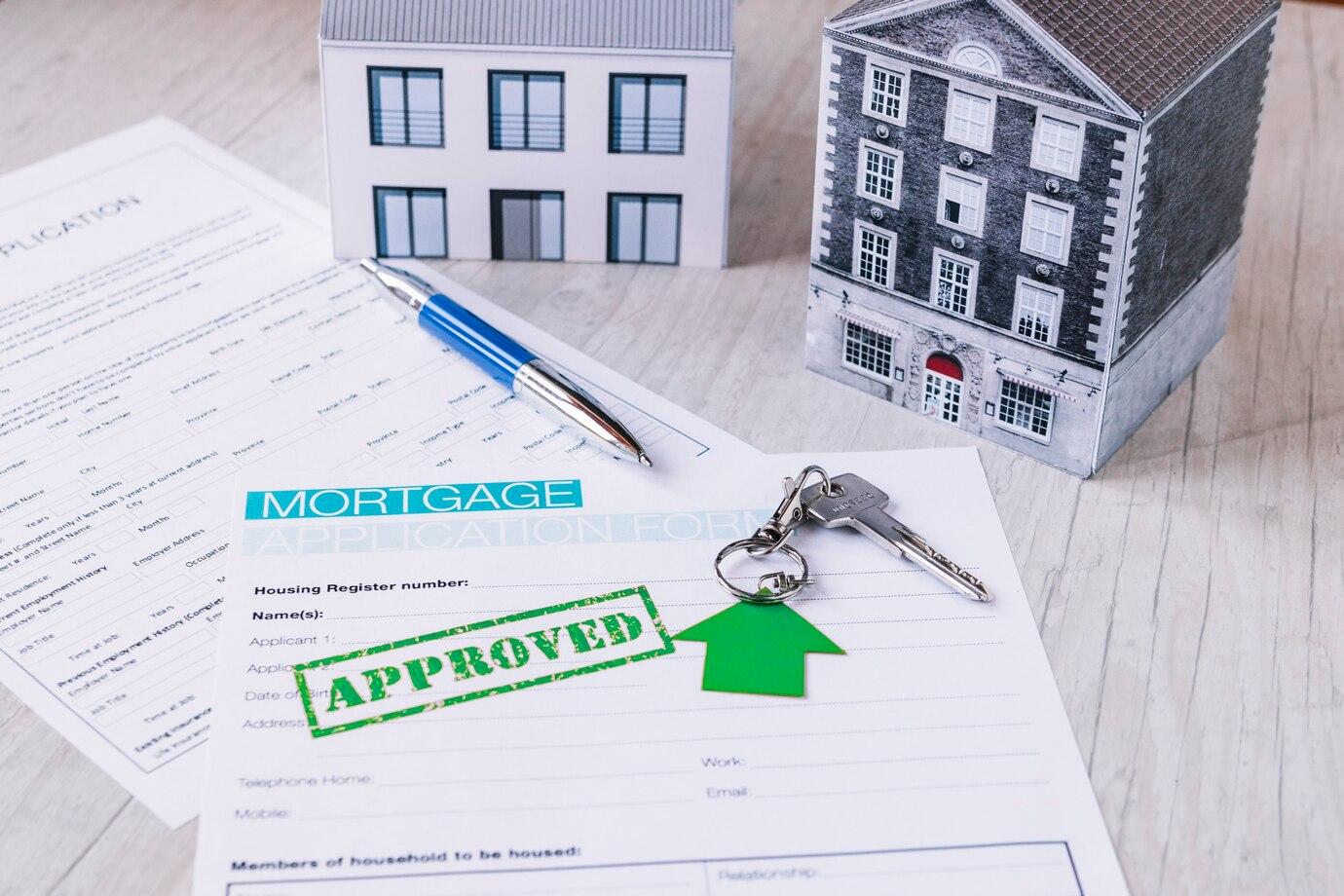Renting housing is an important and responsible process that affects many people. However, as in any other field, there is a risk of encountering various fraud schemes here.
Fraud in Rental Housing
Fraud in the rental housing sector is a form of criminal activity where fraudsters use various tricks to deceive tenants. Such schemes can lead to significant financial losses and even loss of housing. Every year, thousands of people fall victim to such scams.
One of the main schemes is the use of fake ads. Fraudsters create attractive offers to rent housing at low prices or in high-demand areas. The goal is to attract the attention of potential tenants and get a prepayment from them, often in the form of a deposit. In most cases, such apartments do not exist, or they are already rented to other people. As a result, tenants lose both time and money.
Fake Rental Ads
Fake ads are the most common fraud scheme, where fraudsters use platforms to post real estate ads. They often use high-quality photos, attractive descriptions, and promise low prices. Potential tenants, seeing such offers, rush to contact the "landlords".
It is important to understand that a fake ad may hide many shortcomings. For example, all necessary information about the property may be missing, or it may be deliberately distorted. To avoid becoming a victim of fraudsters, it is necessary to verify all information about the property. Do not rely solely on visual impressions – it is better to additionally clarify details such as the address, the availability of documents for the apartment, and rental conditions.

Rental Apartment Scams
Fraudsters can use different methods to manipulate potential tenants. One common tactic is creating the illusion of a lack of time to make a decision. There are many situations where fraudsters report that other people want to rent the apartment and insistently offer to make a deposit.
In some cases, fraudsters may even create fake landlord IDs or use forged documents. Therefore, it is extremely important to verify the identities of the people you are dealing with.
There is also a danger of deception after the initial deposit is made. Some fraudsters may create a situation where you continue to communicate with the "landlord," who will persuade you of the need for responsive behavior. And all this time, you may remain unaware that the apartment is already rented to someone else.

How to Identify Fraudsters in Rental Housing
Identifying fraudsters is not always easy, but there are some signs that can help you avoid fraud. First, if an offer looks too good to be true, it probably is. Try to request information about the apartment, such as documentation, security level, exact location, etc.
Second, pay attention to communication with the landlord. Genuine landlords will be open to communication, ready to provide documents, and answer all your questions. If a person evades detailed information or exerts too much pressure, this may be the first sign of fraud.
It is also important to pay attention to payment terms. If the landlord only accepts cash or does not accept reasonable payment methods, this should raise your suspicion. Genuine landlords typically offer various payment methods and are willing to cooperate.

Real Estate Rental Scams
Scammers use many schemes to deceive tenants. Some practice subletting already rented apartments, posting ads as if they are the legitimate owners. As a result, two or more parties may pay for the same apartment, leading to conflicts and lawsuits.
Another type of scam involves the use of fake contracts, where fraudsters offer to make a rental deal with a fake signature or without notarization. This may create an illusion of legitimacy, but in reality, such contracts are invalid.
It is important to consider that even if you rent an apartment through reputable platforms, there is always a chance of fraud. This underscores the need for vigilance and caution, regardless of the source of the ads.
Fake Landlords
Fake landlords can look very credible. They can take professional photos, create detailed descriptions of apartments, and even offer live communication. However, behind beautiful facades, fraudulent intentions often hide.
The best way to avoid encountering fake landlords is to thoroughly check the condition of the apartment and the person renting it. Ask questions about the property, clarify when it was purchased, and who the real owner is.

Short-Term Rental Scams
Short-term rentals, such as through platforms like Airbnb, are also susceptible to fraud. Fraudsters may create fake accounts or use fake photos to attract attention to their offers.
If you plan to stay for a short term, pay attention to reviews from other tenants. A large number of positive reviews may indicate the reliability of the owner. However, be cautious with accounts that are too new or have low ratings.
Again, try to avoid offers that look overly attractive. If the price is below market value, this may be a signal that something is wrong.
Deposit Fraud for an Apartment
An apartment deposit is a means by which tenants guarantee their intentions. However, fraudsters often use the deposit to get money and disappear. Before leaving a deposit, make sure you have all the necessary documents.
Never trust a verbal agreement. If you want to be sure, demand a written contract, even if the deposit seems like a promise in the air. Additionally, request documents confirming the right to rent. This may include passport scans, proof of ownership, and other legal papers.
Another common fraud method is demanding a deposit and then withdrawing the offer. In such cases, the police often cannot help, as tenants agree to this action of their own free will.
Fraud in the rental housing sector is a reality that many tenants face. From fake ads to deposit scams, fraudsters use various schemes to deceive people. To protect yourself, follow the suggested recommendations, be attentive and cautious in your actions.
